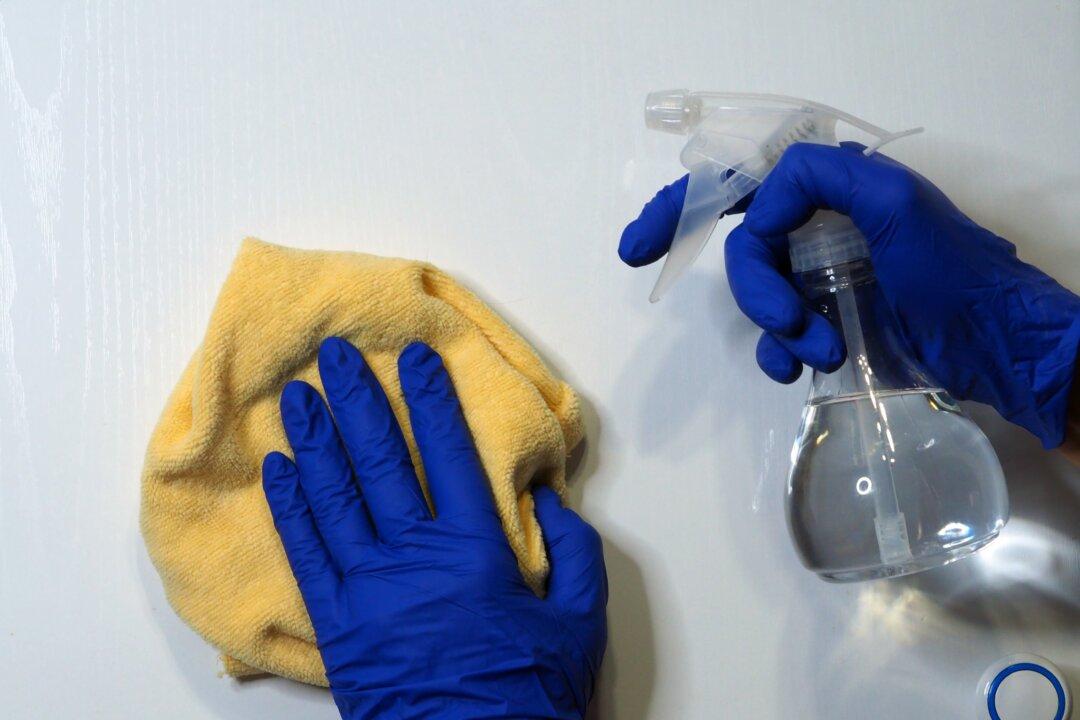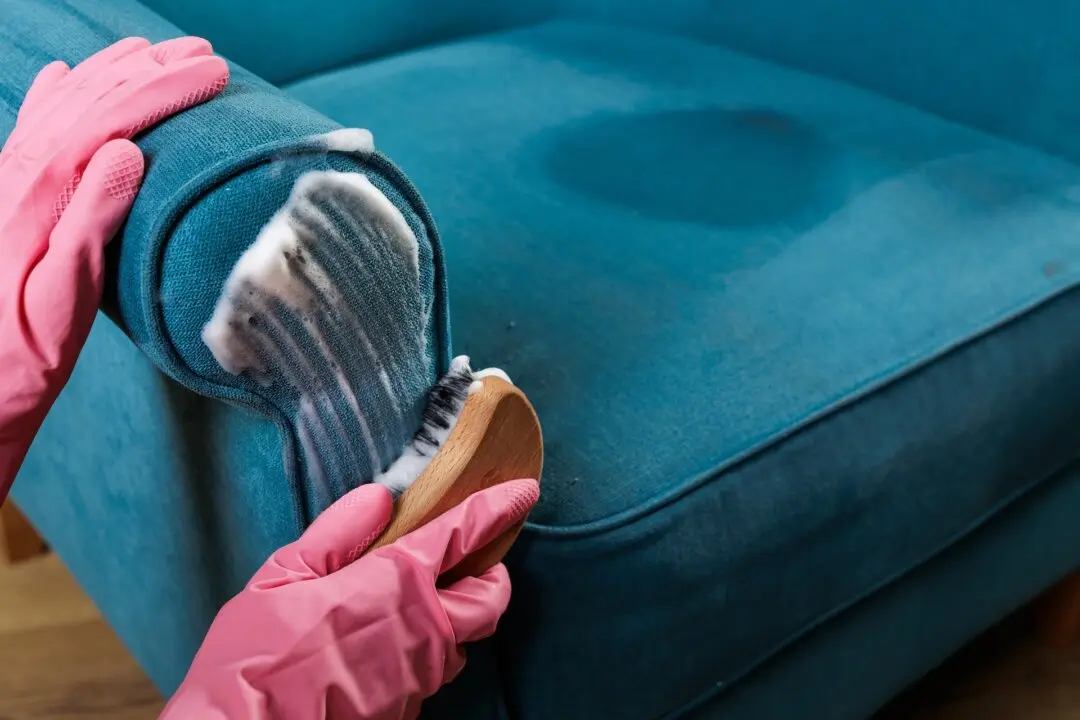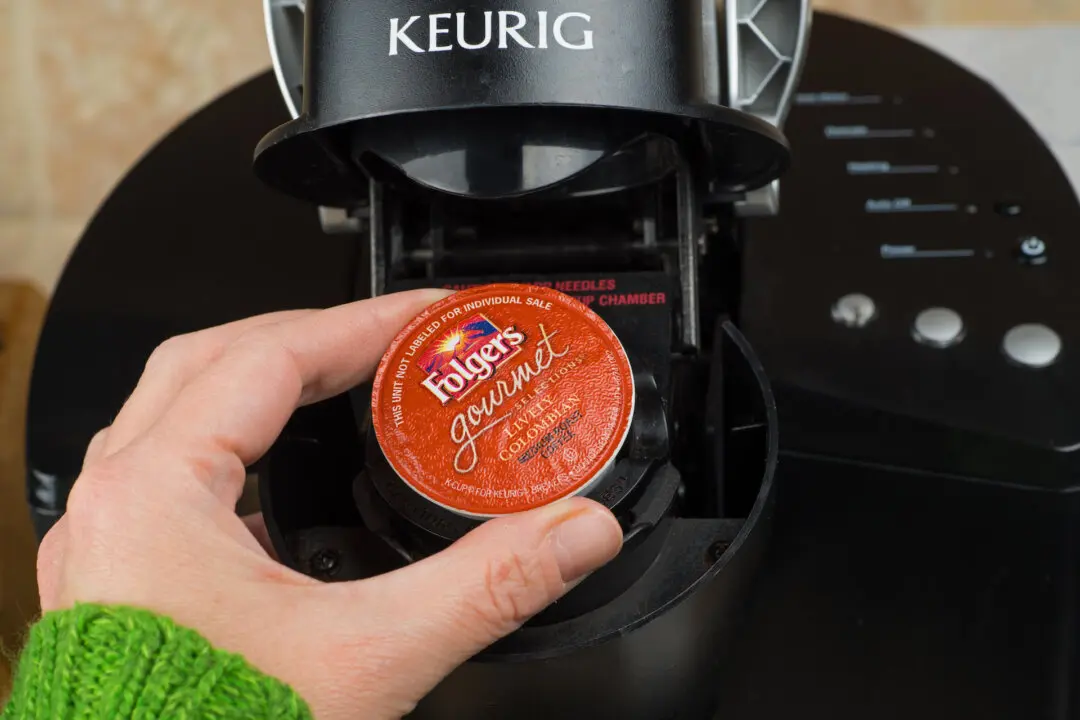Vinegar is an amazing and versatile cleaner for all kinds of applications around the house. However, because it is acidic, it has limitations. Vinegar has the potential to harm certain surfaces. To prevent damage, avoid using any strength vinegar on the following surfaces and household items.
No. 1: Hardwood Floors
Even regular, supermarket plain white vinegar that is labeled 5 percent acidity has sufficient acid to dull or harm the finish of hardwood floors.Achieving a shiny appearance on hardwood floors can be a challenging task, and the use of vinegar over time can ruin that beautiful shine. You may not notice any problem after the first few cleanings, but the damage is cumulative.





